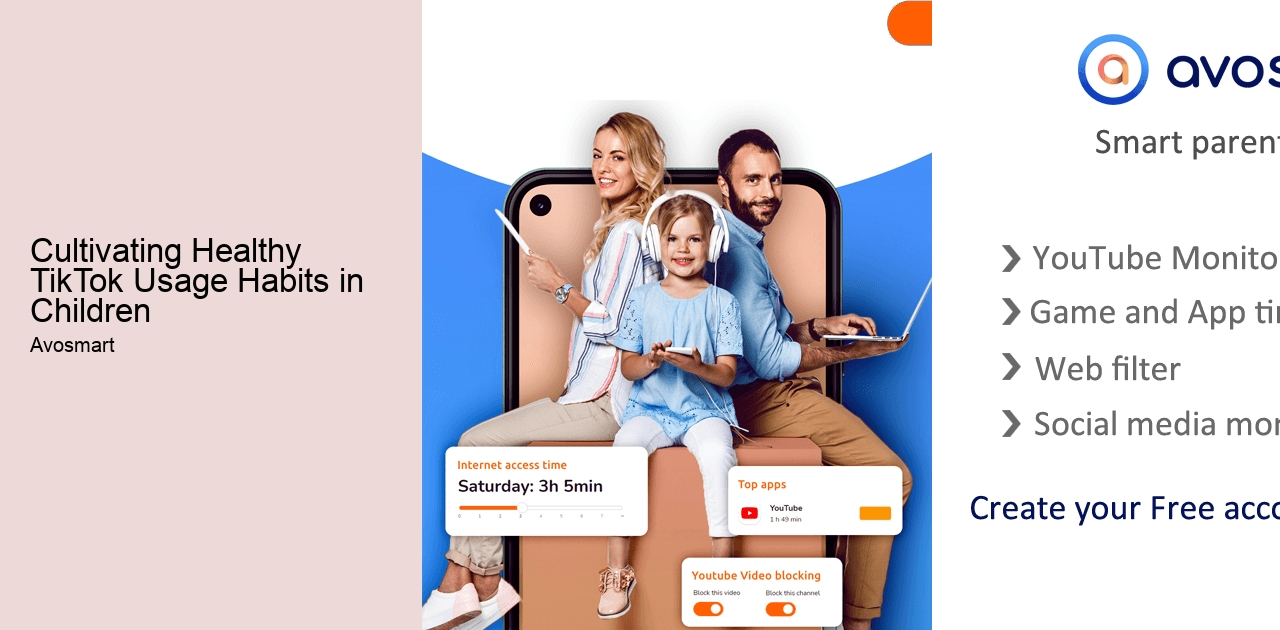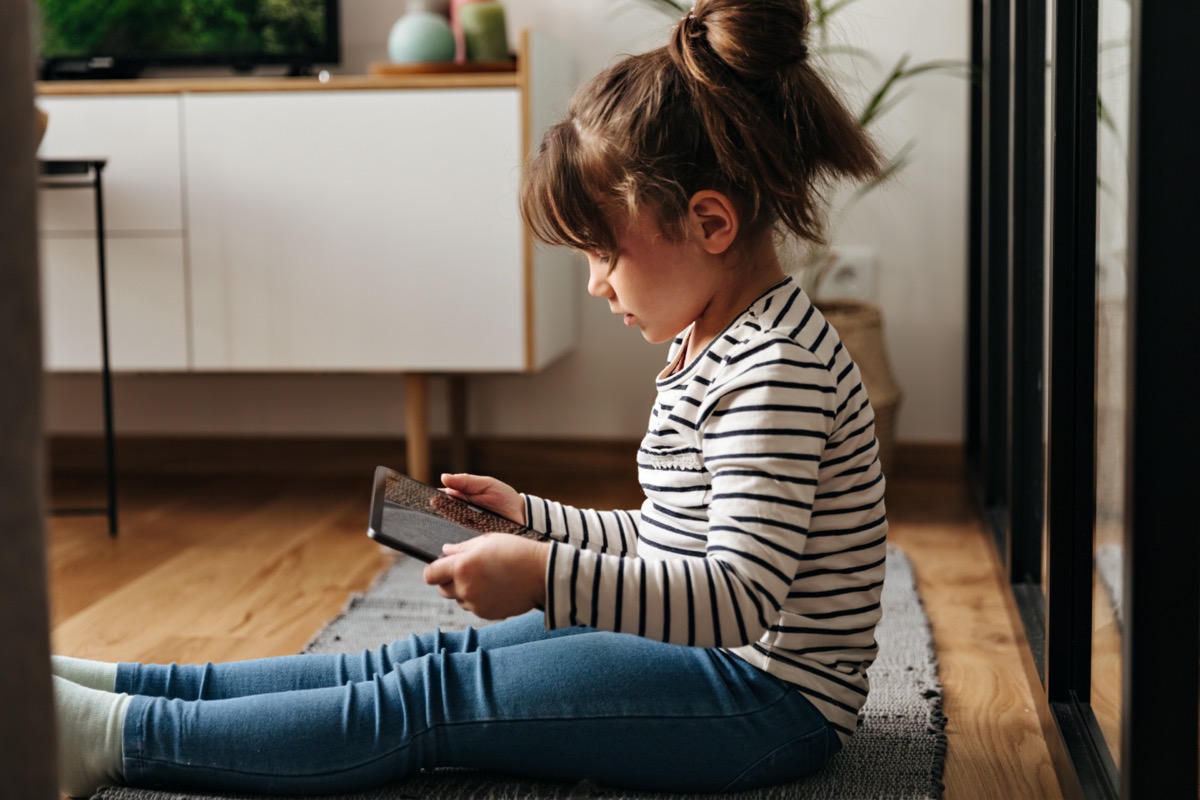
The Importance of Setting Boundaries for TikTok Usage in Kids
Cultivating Healthy TikTok Usage Habits in Children
Setting boundaries for TikTok usage in kids is crucial for their well-being. It helps protect them from potential dangers such as cyberbullying, inappropriate content, and excessive screen time. Parents should establish clear rules regarding the amount of time spent on the app, the types of content allowed, and the importance of privacy settings. Regular communication and monitoring are essential to ensure compliance with these boundaries. By setting limits, parents can promote a healthy balance between online and offline activities, foster responsible digital citizenship, and safeguard their children's mental and emotional health.


